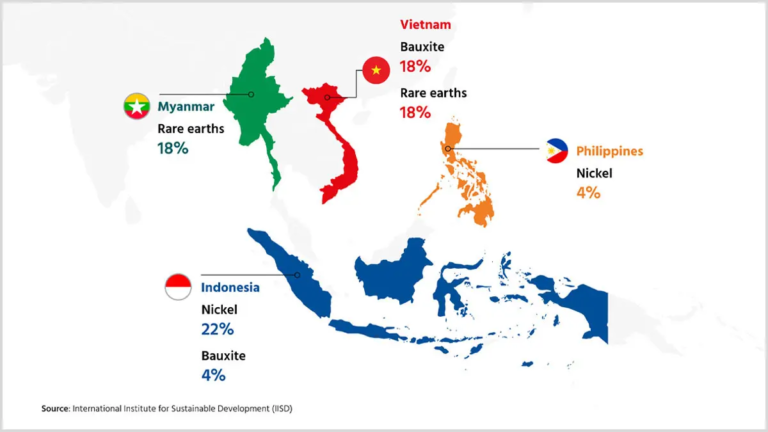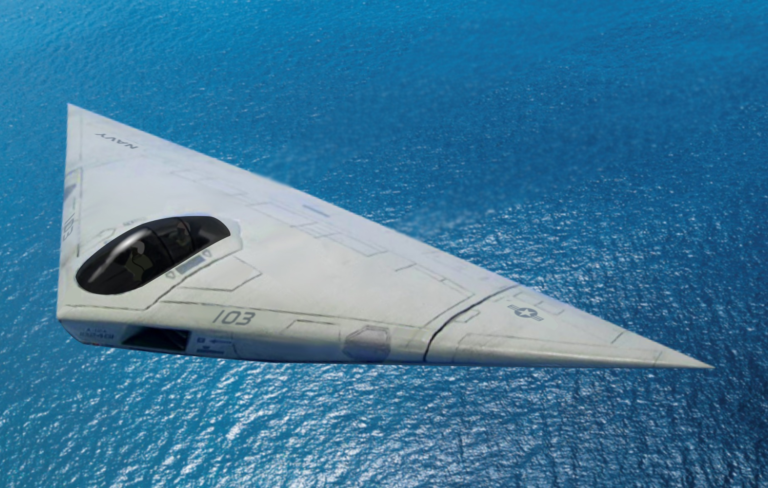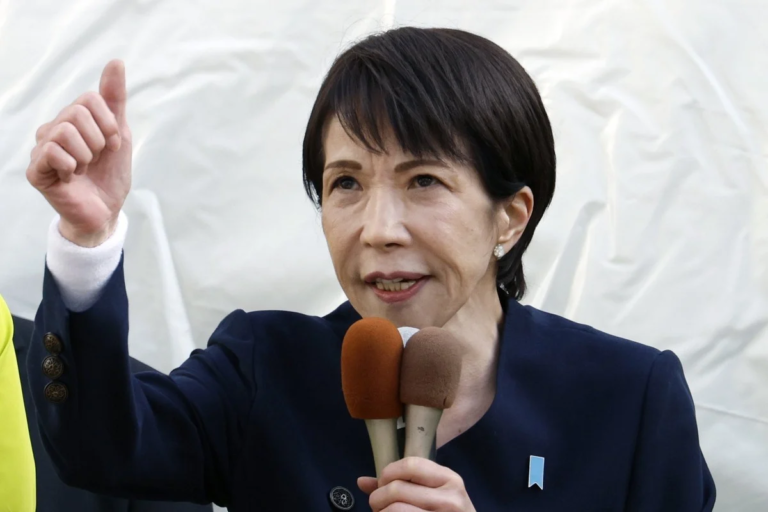
The elevation of Indonesia and Vietnam’s relationship to a Comprehensive Strategic Partnership is emerging as a pivotal force in countering China’s maritime assertiveness in the Indo-Pacific. Anchored in enhanced defense cooperation and maritime coordination, the partnership is increasingly linked to strategic efforts by the United States to reinforce international laws and challenge unilateral actions in the contested South China Sea.
The strategic shift in the partnership, formalized in March 2025, reflects a deliberate response to rising regional tensions fueled by China’s expansive territorial claims, which contradict a 2016 ruling by an international tribunal under the United Nations Convention on the Law of the Sea. “The diplomatic upgrade is not merely a ceremonial commemoration, but a political statement with strategic significance,” Marcellus Hakeng Jayawibawa, a defense analyst at the Jakarta-based Lemhannas Strategic Center, told FORUM. China has attempted coercion in both nations’ exclusive economic zones (EEZ), necessitating a coordinated response.
This realignment follows ongoing violations of international maritime law by China’s vessels, such as illegal fishing, seismic surveys and maritime militia activity in EEZs claimed by Indonesia and Vietnam. In response, the two nations have launched joint maritime patrols, expanded military training, and conducted Coast Guard drills to foster technical collaboration and assert maritime sovereignty.
“Joint maritime patrols and expanded military training … are concrete manifestations of shared security concerns stemming from the dynamics of geopolitical tensions in the South China Sea,” Marcellus explained. The operations are confidence-building measures that harmonize vessel interception protocols and boost coordination in maritime security responses.
Indonesia and Vietnam’s Coast Guard exercise in October 2024, which focused on search and rescue operations, fire prevention and maritime emergency response, demonstrated enhanced operational interoperability.
Following his March 2025 meeting with Indonesian Defense Minister Sjafrie Sjamsoeddin in Jakarta, Vietnamese Defense Minister Gen. Phan Van Giang urged continued collaboration among maritime law enforcement agencies to “share information and work together to cope with emerging maritime issues,” according to Vietnam’s Defense Ministry.
The bilateral defense partnership also reinforces a broader regional framework aligned with the U.S. Both Indonesia and Vietnam join U.S.-led exercises such as Super Garuda Shield and engage in defense dialogues and capacity-building with Washington. Though not formal treaty allies, their actions increasingly support U.S. goals to protect freedom of navigation and uphold international norms.
“The form of cooperation … is affected by China’s expansion claims in the South China Sea which violate the international law of the sea,” Pudji Astuti of Indonesia’s Defense Ministry told FORUM. She underscored that the partnership includes intelligence exchanges, defense education, strategic research, and coordinated efforts against illegal fishing and maritime incursions, many of which are linked to China’s activities in disputed waters.
These joint initiatives safeguard national interests while centering the role of the Association of Southeast Asian Nations (ASEAN). Hanoi and Jakarta show their commitment to multilateralism through forums such as the ASEAN Defence Ministers’ Meeting (ADMM) and ADMM-Plus. Vietnam supports Indonesia’s role as co-chair of the ADMM-Plus Experts’ Working Group on military medicine, alongside the U.S.
Marcellus emphasized that aligning with U.S. strategic goals doesn’t signal bloc-based polarization but a joint effort by ASEAN middle powers to uphold international maritime law. “Coast Guard cooperation practically enhances law enforcement capacity at sea … including the prevention and prosecution of illegal fishing, smuggling and maritime boundary violations,” he said.
This cooperation sends a message to major powers, according to Marcellus: “Increased defense and maritime cooperation is also indirectly in line with the United States’ strategic objectives in the Indo-Pacific region.”




